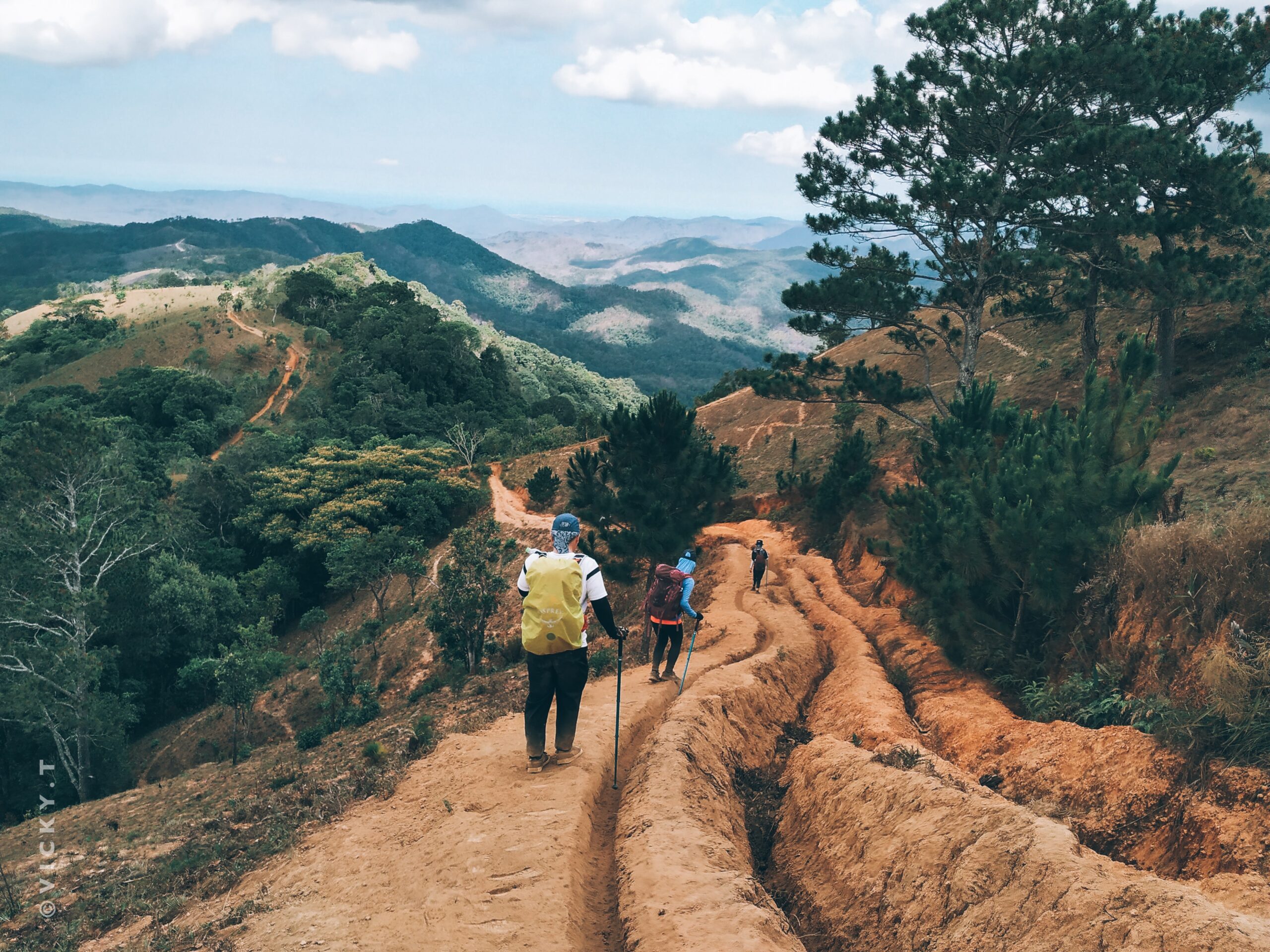A camping adventure necessitates strategic packing, with every item in your backpack serving a vital purpose. Equipping yourself with the right camping gear can enhance your experience amidst the great outdoors. The contents of your backpack should not only align with your needs but also consider the environment and expected conditions. From shelter and cooking essentials to navigation tools and safety gear, a well-prepared backpack can significantly impact your outdoor escapade. This guide explores the essential camping gear that should find a permanent spot in your backpack, ensuring a seamless and enjoyable camping journey.
Sleeping Bag
Choose a sleeping bag suitable for the expected weather conditions. Look for bags with appropriate temperature ratings to ensure comfort during the night. For warmth and weight, insulation material, like down or synthetic fill, is essential. Consider the bag’s shape and length for a comfortable fit. Rectangular, semi-rectangular, and mummy-shaped are common designs, each with its benefits. Look for extra features like hoods, draft tubes, and pockets for greater convenience. Compression sacks help in compact packing, optimizing space in your backpack. Always air out and store the sleeping bag properly to maintain its loft and functionality.
Fire-Starting Essentials
Pack reliable fire-starting essentials for a safe camping experience. Waterproof matches or a dependable lighter are crucial tools. Additionally, carrying a fire starter or firewood can ensure a steady flame. A portable camp stove serves as a backup option, providing a reliable cooking flame. Before lighting a fire, become familiar with the local fire laws and regulations. Always gather firewood responsibly, using fallen branches and sticks, and avoid damaging live trees. Put safety first by staying a safe distance from the fire and putting it out completely before you leave the campsite. To protect the environment, follow fire safety regulations and practice fire safety procedures.
Cooking and Eating Tools
Include lightweight, compact cookware sets in your camping gear for preparing meals. A portable stove is a practical addition, allowing for cooking flexibility in various outdoor settings. Utensils, plates, and cups made of durable materials ensure durability and ease of use. To carry as few goods as possible, choose utensils that can perform various tasks. Consider foldable or collapsible options to save space in your backpack. Look for non-stick coatings to simplify cleaning and reduce the need for excessive cooking oil. Compactness and portability should be prioritized when selecting your cooking and eating tools. Always clean your utensils thoroughly and pack them securely to maintain hygiene during your camping trip.
Navigation tools
Prioritize proper navigation tools for a successful camping trip. A compass and a map of the area are essential for understanding your surroundings and finding your way. To appropriately comprehend the scenery, familiarize yourself with the symbols and inscriptions on the map. In addition to traditional paper maps, consider digital navigation aids like GPS devices or smartphone apps designed for offline use. Learn basic navigation skills such as orienteering and using a compass to read directions. Plan your route and mark significant landmarks on your map for guidance. Ensure your navigation tools are in good working condition before setting out, and always carry spare batteries for electronic devices. Keep track of where you are as you travel to guarantee a secure and pleasurable camping experience.
Lights
Lighting is crucial for camping, and various options cater to different needs. Headlamps provide hands-free illumination and are perfect for nighttime activities like reading or cooking. Flashlights are versatile and can provide focused light, making them useful for navigating in the dark. Lanterns are great for illuminating larger areas like the inside of a tent or a common camping area. Solar-powered lanterns are environmentally friendly because they utilize daylight-based renewable energy at night. Additionally, infrared lights, often used in specific outdoor activities, emit light in the infrared spectrum, making them helpful for tasks like wildlife observation or night photography, where visible light might not be suitable. Always carry extra batteries or a power source to keep your lights functioning throughout your camping adventure.
Initial Care
Put safety first by packing a complete first aid kit for your camping trip. Include a variety of adhesive bandages, antiseptic wipes, and sterile gauze pads for treating wounds. Pack tweezers for removing splinters or foreign objects and scissors for cutting tape or clothing. A thermometer and pain relievers like acetaminophen or ibuprofen are essential for managing minor ailments. Antihistamines can relieve allergic reactions, while adhesive tape and an elastic bandage can be useful for securing dressings or providing support. Familiarize yourself with the kit’s contents and how to use them, ensuring you’re prepared for any minor medical issues during your camping trip.
Weather Protection and Attire
While camping, use the right attire to ensure comfort and protection from the elements. Layering is essential, starting with base layers made of fabric that wicks sweat away from the skin. Warmth is provided by insulating layers like fleece or down jackets, and wind and rain protection is offered by outer layers made of waterproof material. For varying terrain, use robust hiking footwear with strong ankle support. Hats are essential to shield against the sun or retain heat in colder conditions. UV-protective sunglasses shield your eyes from the sun’s damaging rays. Always carry extra socks and gloves for changing weather conditions, and consider packing a poncho or raincoat for unexpected rain showers. Be mindful of the anticipated weather and terrain when selecting your camping attire.
Conclusion
Remember that a well-prepared backpack is the cornerstone of a successful outdoor excursion. Consider your unique needs as well as the requirements of the area when choosing your equipment. Prioritize functionality, versatility, and compactness in your choices. With the right gear in your backpack, you’re equipped to face the unpredictable elements and challenges of nature. So, gear up and venture into the wilderness, knowing you’re well-prepared for whatever nature presents on your camping journey.






